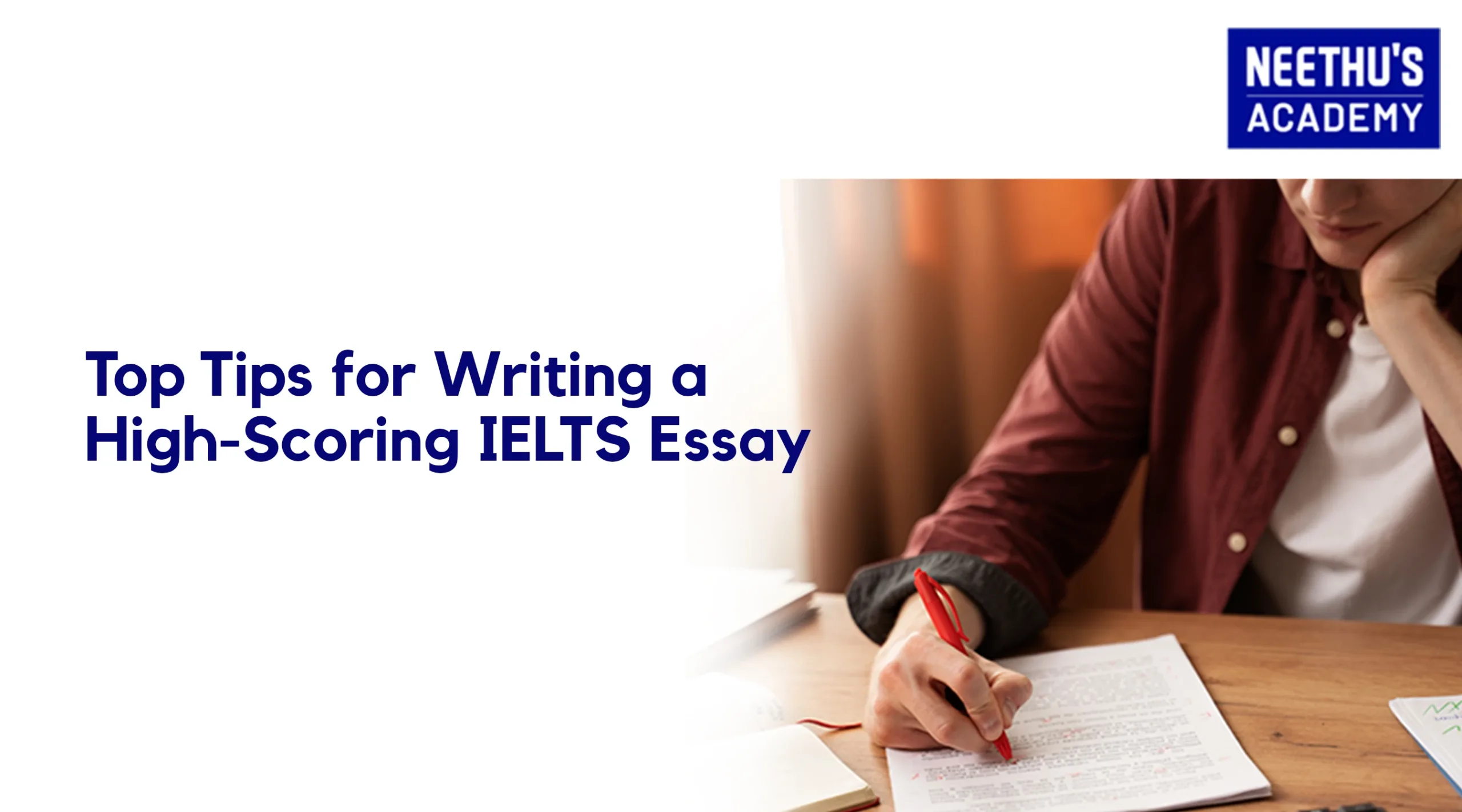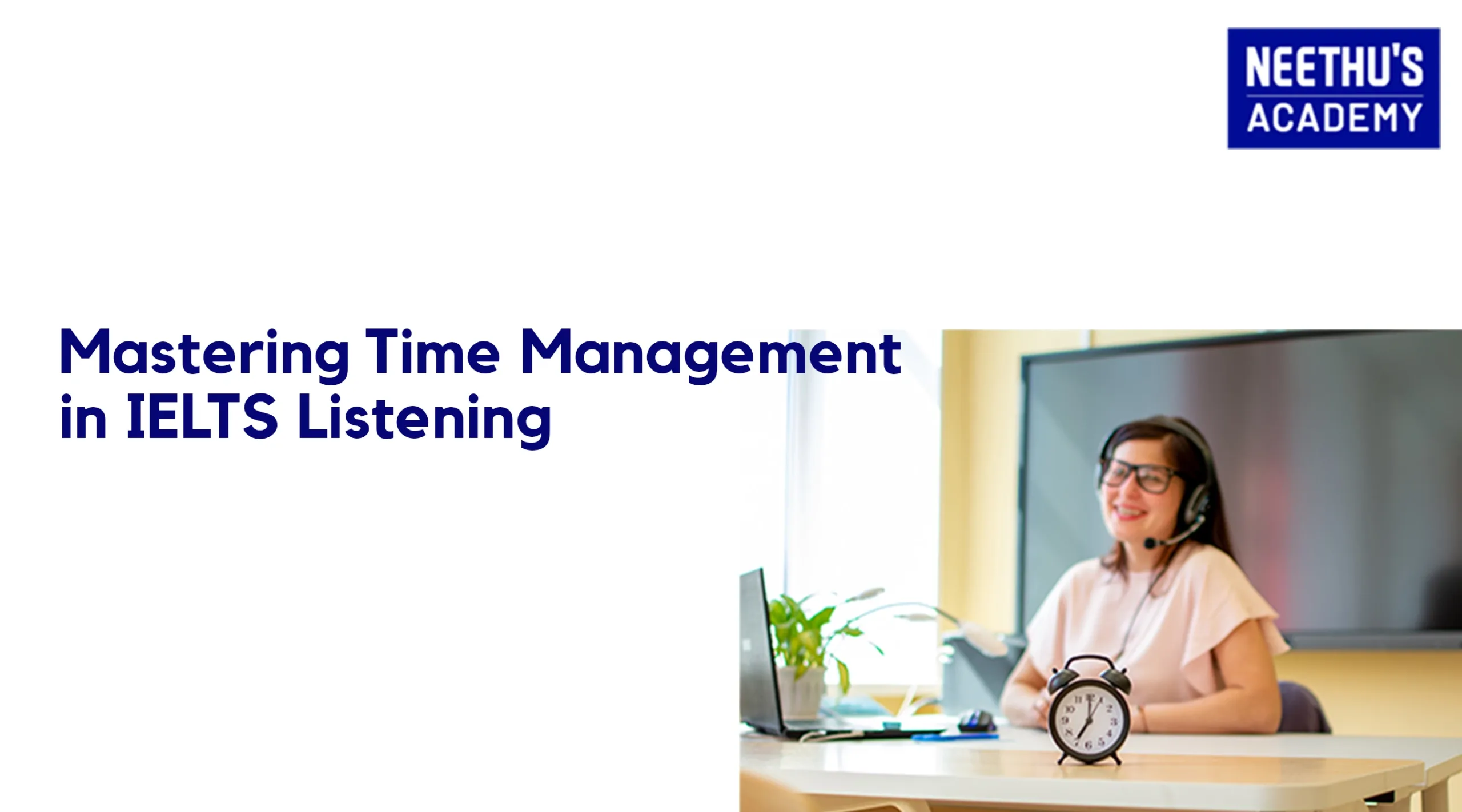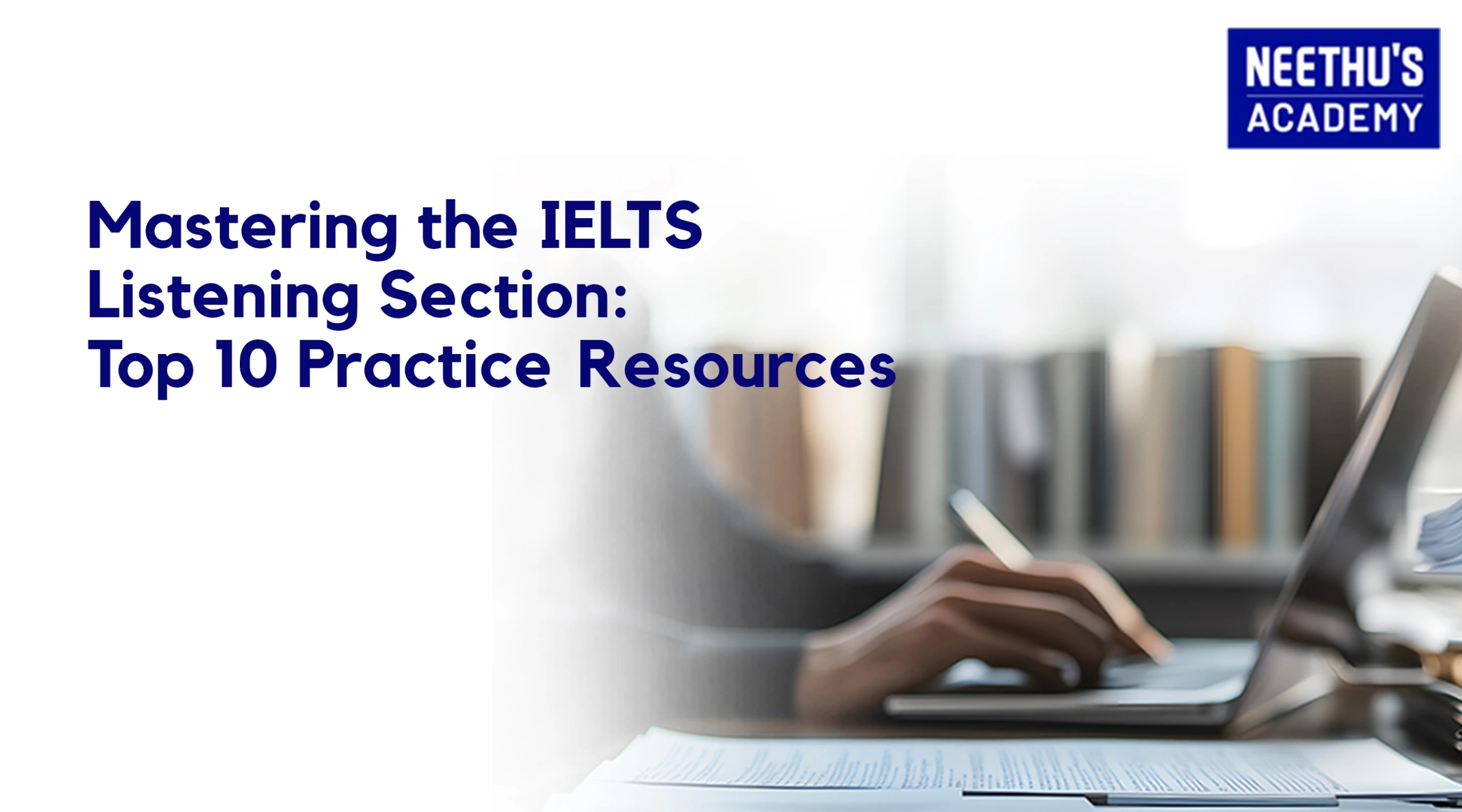Cohesiveness: A must for IELTS dreamers
Cohesiveness plays an important part in achieving greater scores in the IELTS Writing and IELTS speaking test. Cohesion means linking words that help you connect ideas. It also relates to how sentences are linked together to form a meaningful paragraph and how paragraphs are linked together to form an essay. As the same rule is applicable to the IELTS speaking test, all the IELTS institute focus on these factors in not just essay writing but also at the time of the IELTS speaking mock test.
The cohesive devices are words and expressions that show relationships between parts of text and ideas, such as cause and effect, time, addition, or comparison and contrast. When you practice speaking mock test IELTS, this continuous use and the frequency in which these cohesive devices are effectively used helps both in writing and speaking and results in a profound communication.
Every time you sit for speaking mock test IELTS, its leading you to have a clear cut clarity in organizing a context in a sequential manner making it logical for the listener and this will make the IELTS writing test more easy. But, also remember that usage of too many cohesive devices can also have a wrong impression. So, its of utmost importance to use cohesive devices in the right way in right amount.
Let’s have a look into few cohesive devices that you can use in your IELTS Writing Task:
- Adding Ideas: ‘furthermore’, ‘in addition to’
- Stating Examples: ‘for instance’, ‘for example’, ‘to illustrate this’
- Explaining Results: ‘consequently’, ‘as a result’
- Maintaining the Sequence: ‘firstly’, ‘next’, ‘to begin with’
- Providing Explanations: ‘because of’, ‘due to’
- Concluding Ideas: ‘in conclusion’, ‘to sum up’
- Introducing your Point: ‘another point that I would like to add’, ‘in my opinion’
- Contrasting Ideas: ‘however’, ‘on the other hand’, ‘let’s not forget the fact that’
Though it’s of utmost importance to know the cohesive devices, its equally important that students don’t learn a long list of cohesive devices, and if inspired to learn then ensure that meaning of each word and its usage is completely and clearly understood. If you use the wrong word, it confuses the reader, and this lowers your mark for both coherence and grammar. It is better to use no word than use a word incorrectly. Learn just the words you need and learn them 100%. Finally, don’t try to use very complicated words and expressions if you are not already comfortable with the simple terms. Being able to use ‘and‘or ‘but‘ effectively is much better than trying to use more complicated words incorrectly.
The overuse of certain cohesive devices by the students definitely causes redundancy in their writing and renders their written texts difficult to decipher. The students might be encouraged by their teachers of writing and discourse to use as many cohesive devices as possible to create cohesive whole texts. This, in turn, will certainly result in less redundancy and incomprehension.
Another common mistake is the misuse of cohesive devices by picking really informal ones or really old and unusual ones. One of the most common mistakes is saying “to recapitulate.” This is a term that almost no native speaker would use nowadays. You can see here on Google that it is no longer a commonly used term and unfortunately, many IELTS candidates use this as they are passed on with a wrong information that it is a special word to dazzle the examiner.
Similarly, people use phrases like “last but not least.” This is a way of introducing people in spoken English. We might use it to introduce a speaker who has come last in a list of people. It is a comical and friendly way of saying “He’s last but that is just a random order.” It is totally inappropriate for an IELTS essay because it is so informal.
As a whole, it means to use cohesive devices a few in an effective, accurate, natural way and as mentioned for a better writing its very much important to practice the IELTS speaking mock test frequently and in a consistent manner because, once you gain a thorough knowledge of speaking , the writing becomes more comfortable. This apt usage helps in providing a flow with sequence and helps in making your paragraphs clear for the reader.




